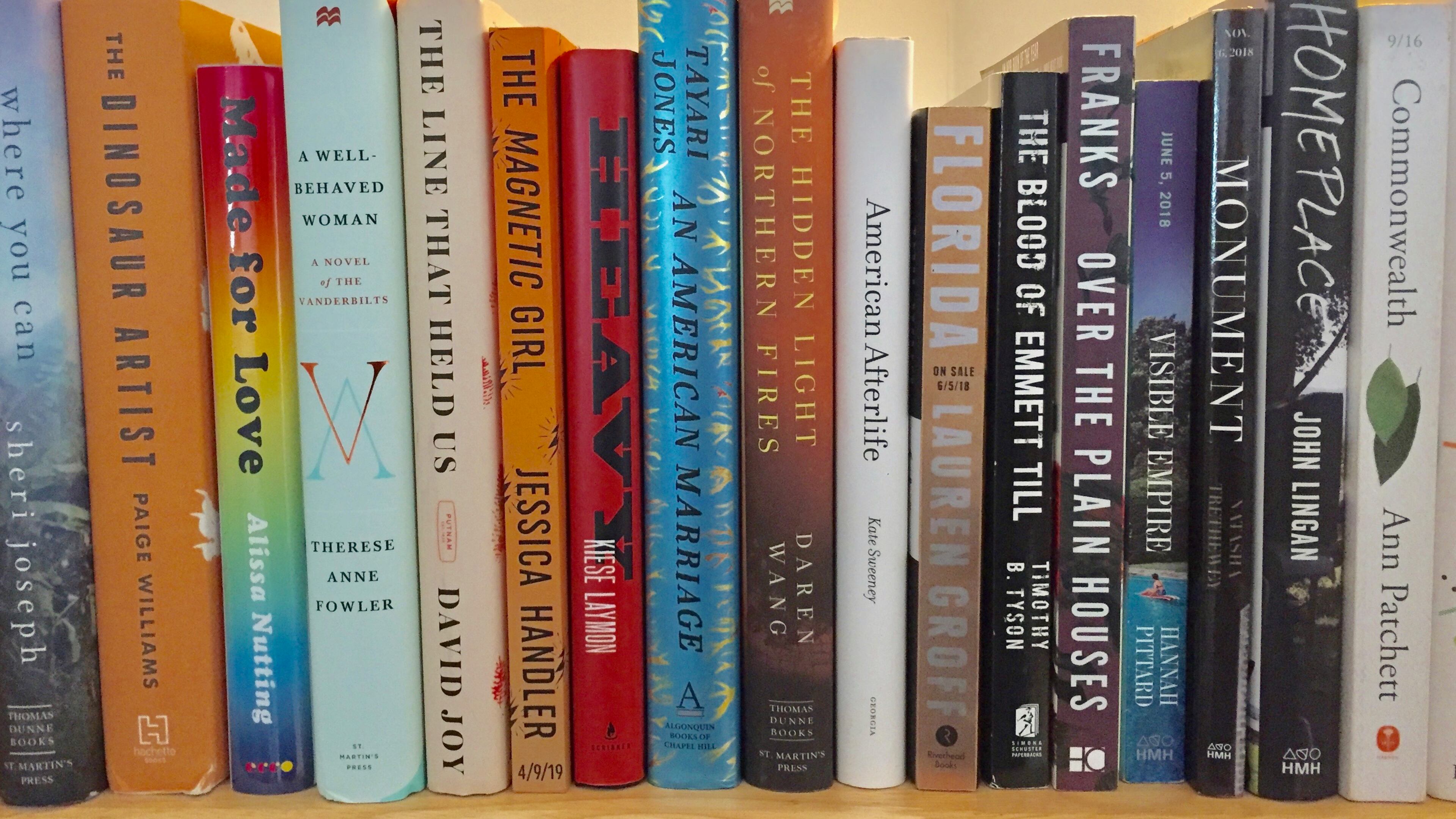Pakistani retelling of ‘Pride and Prejudice’

Jane Austen's "Pride and Prejudice" has been retold many times since it was published more than two centuries ago — including a movie involving zombies and an upcoming Atlanta-based adaptation. Given this fact, there needs to be a compelling reason for an author to play off of it instead of creating an entirely new tale. Soniah Kamal's "Unmarriageable," which takes the classic story about five unmarried sisters and sets it in contemporary Pakistan, succeeds in adding something new to the conversation.
References to “P&P” are frequent, beginning with the book’s opening line, which starts with the first eight words of Austen’s famous phrase — “It is a truth universally acknowledged that a…” — but cleverly takes a turn before succumbing to plagiarism. In “Unmarriageable,” the sentence is scrawled on a blackboard by a ninth-grader for an assignment by English literature teacher Alys Binat, the Pakistani Elizabeth Bennet. If not carefully crafted, these odes to “P&P” could easily come off as gratuitous. Instead, the nods are self-aware and always serve to propel the story forward.
During the classroom analysis of Austen’s first sentence, the British School of Dilipabad student asks why the teacher, a stubborn, 30-year-old, single woman with boyish hair, likes a book with so many marriages in it. Alys responds that Austen is “blunt, impolite, funny, and absolutely honest.” No reader should be surprised to learn that Kamal, who grew up in Pakistan but lives in Georgia, is a literary ambassador for the Jane Austen Literacy Foundation.
The storyline closely follows that of “P&P,” with slight changes to some of the plot points. For instance, it’s a pre-wedding ceremony and not a ball where Alys overhears Valentine Darsee badmouth her looks and intelligence. It’s the eldest Binat daughter, Jena, who suffers a sprained ankle after falling in ill-fitted heels as opposed to simply falling ill, that forces the sisters into an extended visit with Darsee and his best friend, Fahad “Bungles” Binglia. And when Alys refuses her distant relative Farhat Kaleen’s marriage proposal, her aggressively materialistic mother threatens to commit suicide instead of merely never talking to her again. Readers don’t have to be familiar with “P&P” to get sucked into this novel, but picking up on parallels adds depth and is half the fun.

The pressure for Pakistani women to get married is extreme, lest they be a burden to their family and a disappointment to society. Alys’s best friend, Sherry Looclus, is subjected to demeaning “look-sees,” including one where a prospective husband makes her serve 16 of his family members kebabs and chai, massage him and read aloud from a book of Islam etiquette about how to keep oneself clean during sex. The 61-year-old “potbellied Prince Charming” ultimately rejects her for having weak fingers and a flat chest. When Alys declines Kaleen’s proposal, he declares she’s lucky he’s not the type to respond to her insult by throwing acid on her. In advising her daughters how to “grab” a husband, Alys’ mother tells them not to “come across as too fast or too forward, for a girl with a loose reputation is one step away from being damaged goods or ending up a spinster.” Honor killings, dowry burnings and rapes are constants in the newspaper.
Alys is a gripping character who rebels against societal norms in a Muslim country, lending to the intrigue of her budding romance with the pampered and wealthy Darsee. Some of the book’s strongest dialogue comes from the pair’s debates about literature, Pakistani identity and the one-sidedness of cultural appreciation. Darsee recalls that Alys spoke of a Pakistani Jane Austen, but he wonders, “will we ever hear the English or Americans talk of an equivalent?”
Despite their chemistry, Alys resolves to hate Darsee after his charming cousin, Jeorgeullah Wickaam, spins a tale about being duped out of his inheritance. That resolve is furthered when she learns Darsee, along with Bungles’ superficial sisters, convinced Bungles not to propose to Jena. But despite Alys’ flawed family — a gold-digging mom, a timid dad and sisters who are “unsuitable girls from an unsuitable family” — Darsee can’t deny his feelings for Alys, even as she denies him. He writes her a letter defending himself against her accusations of wrongdoing.

Inappropriate family interference threatens to derail potential relationships at every turn. In Alys’ case, it’s also a bit of self-sabotaging prejudice that hinders her true desires. When the youngest and most carefree Binat sister, Lady, finds herself in a scandalous predicament that could be the final nail in the coffin for the family’s status, Darsee has a chance to prove his devotion. Because the story’s outcome will be known for many of its readers, the author is able to focus on the universal themes that cross cultures instead of building anticipation.
Unsubtle mentions of Austen, “P&P” and other literary references are sprinkled throughout the book. In one scene, Sherry flat-out tells Alys “you are Elizabeth Bennet;” in another, the sickly Annie dey Bagh proclaims she’ll never let herself be turned into a voiceless Anne de Bourgh; in yet another, Alys proclaims: “We are a society teeming with Austen’s cruel Mrs. Norrisses, snobby looks-obsessed Sir Walters, and conniving Lady Susans.”
But Kamal’s resplendent second novel embraces and builds upon its predecessor in such a fresh way that a new class of “P&P” lovers will likely be born. The story’s conclusion bookends the opening by bringing it back to “that most famous of first lines.” By doing so, Kamal ensures Austen has the final word in a book that wouldn’t have been possible without her.
FICTION
by Soniah Kamal
Random House
352 pages, $27

